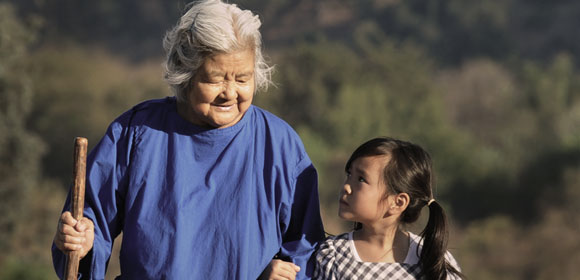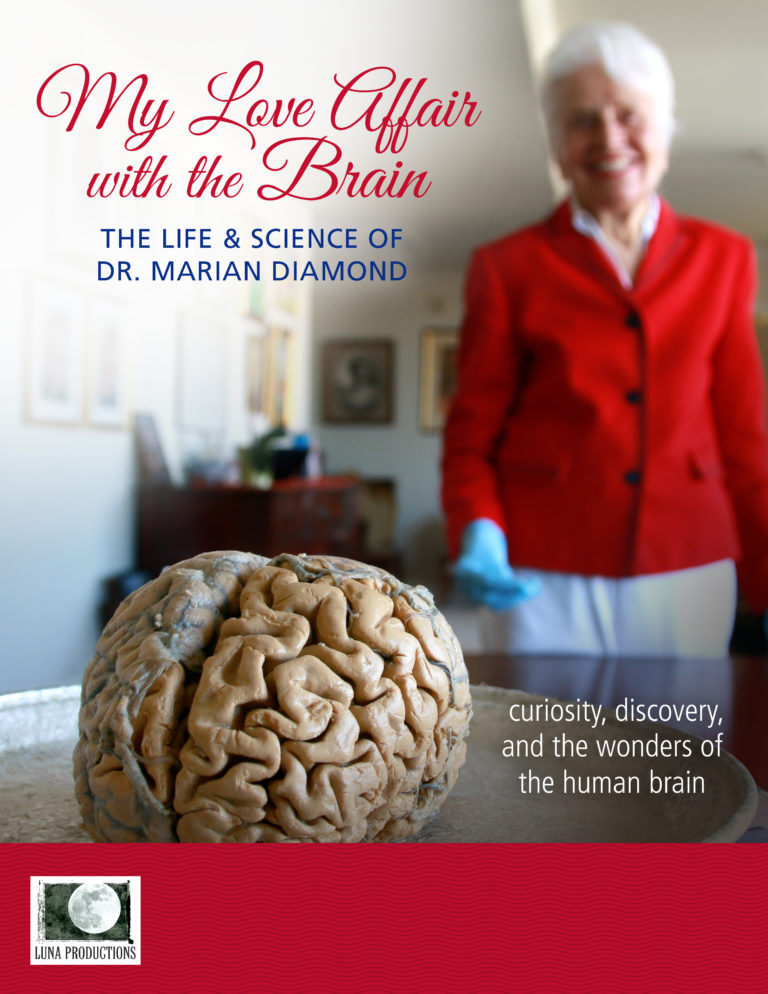Jian Ping was born in China in 1960 during widespread famine caused by the economic disaster of Mao Zedong’s Great Leap Forward. Tens of millions starved to death in the years preceding the charismatic leader’s brutal and repressive Cultural Revolution (1966-1976) and his call to crush the “Four Olds.” Chaos became rampant as Mao empowered youth to revolution, threatening, humiliating, beating and killing anyone they chose to persecute.Jian was tiny, premature, often sick and unwanted by an already overburdened mother of four. She was left in the care of her grandmother, Nainai, without whom she might surely have died. It wasn’t that love was lacking. It was simply unstated, expressions of emotion considered bourgeois, essentially forbidden under Communist rule.Her parents were devoted to the Party, her mother placing duty to Mao above her own children. Her father, equally staunch in his belief, survived torture at the hands of Japanese invaders when he was young. Suspected of giving secrets to the enemy in exchange for his life while in captivity, he was later exonerated. He gradually distinguished himself, eventually becoming Deputy Governor of the city province of Baicheng.As danger escalated under Mao, neighbors indicted neighbors. Family members informed on one another. No one was safe. Without warning, Jian’s father was arrested and imprisoned, old suspicions causing him to be publicly humiliated and labeled “Big Traitor.” Jian’s mother, a school administrator, was detained and forced to write daily self-recrimination. Strong-willed, she refused to submit to harassment by the Red Guards insisting she denounce and divorce her husband. She would not allow her children to be fatherless.Forced to leave the Government compound, Jian’s older siblings were sent to the countryside for re-education by peasants. Jian and Nainai were banished to a remote and primitive mud hut to endure harsh conditions and sub-zero temperatures. It was years before the Cultural Revolution came to an end and Mao Zedong died in 1976. For Jian, vivid memories remain of a little girl of eight dodging a barrage of epithets and rocks as she made her way to see her father in prison. She has long held the belief that she must always remain composed, neither showing vulnerability to those who might seek to harm her nor pain to those she loves.As China moved forward, Jian resumed her education. earning an undergraduate degree in English, then immigrating to the United States to attain two masters degrees. She married and bore a baby girl who joined her mother in the States when she was five. As Jian worked hard to provide the trappings of a middle class American life for her daughter Lisa, ironically, a sense of disconnection seeming to build between them. Her eight-year odyssey to write her memoir, Mulberry Child, was born of a need to reveal her past under Mao and share Chinese family roots with Lisa. She was saddened when Lisa showed no interest in the book.When Jian Ping and Lisa returned to China for a bittersweet family visit and the triumphant 2008 Beijing Olympics, Lisa agreed to read the manuscript. Tracing her family’s history, she began to see her mother in a different light and accept her own heritage.
Mulberry Child
Filmmaker(s)
Filmmaker info pending
Running Time
85 minutes



